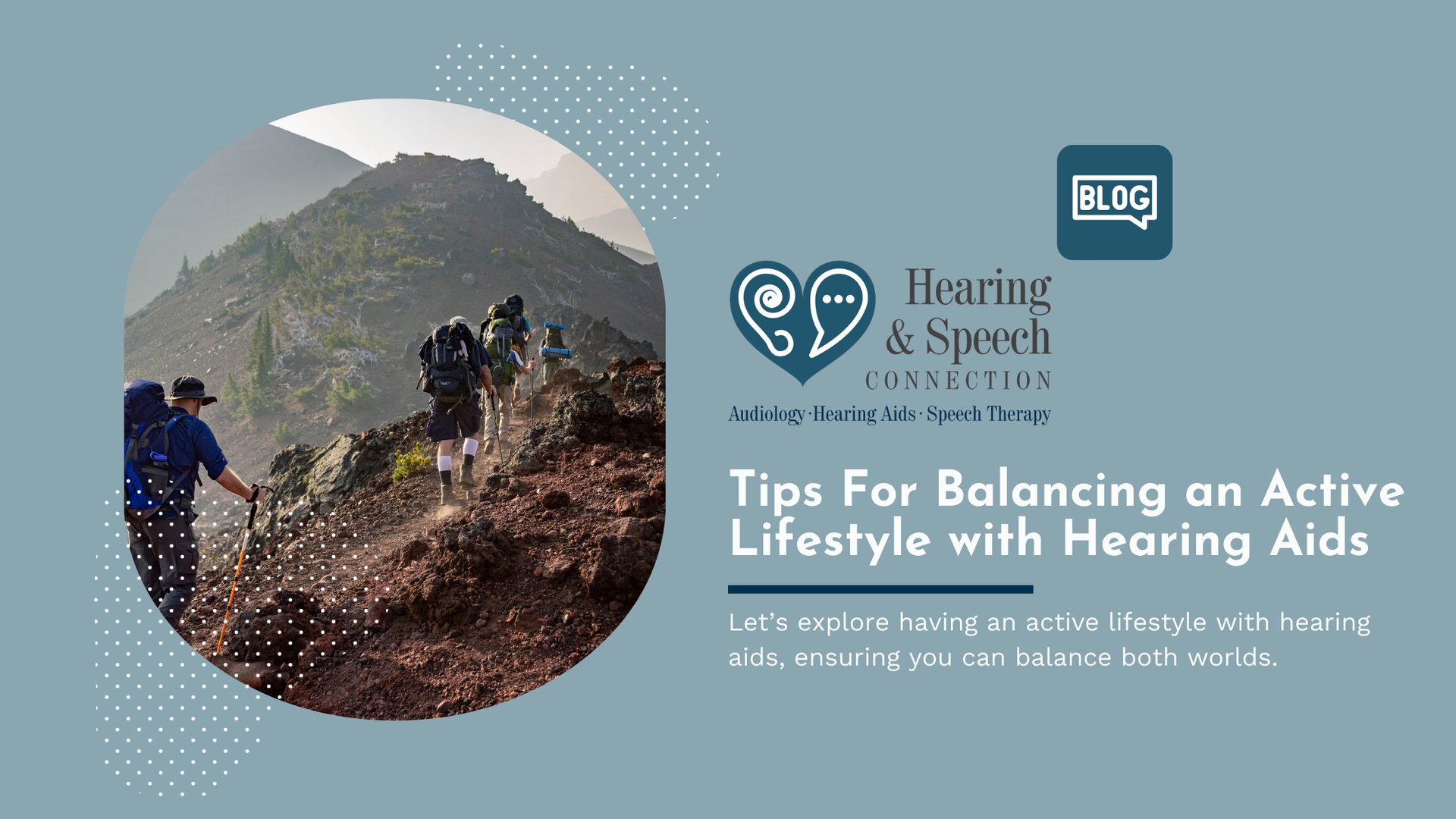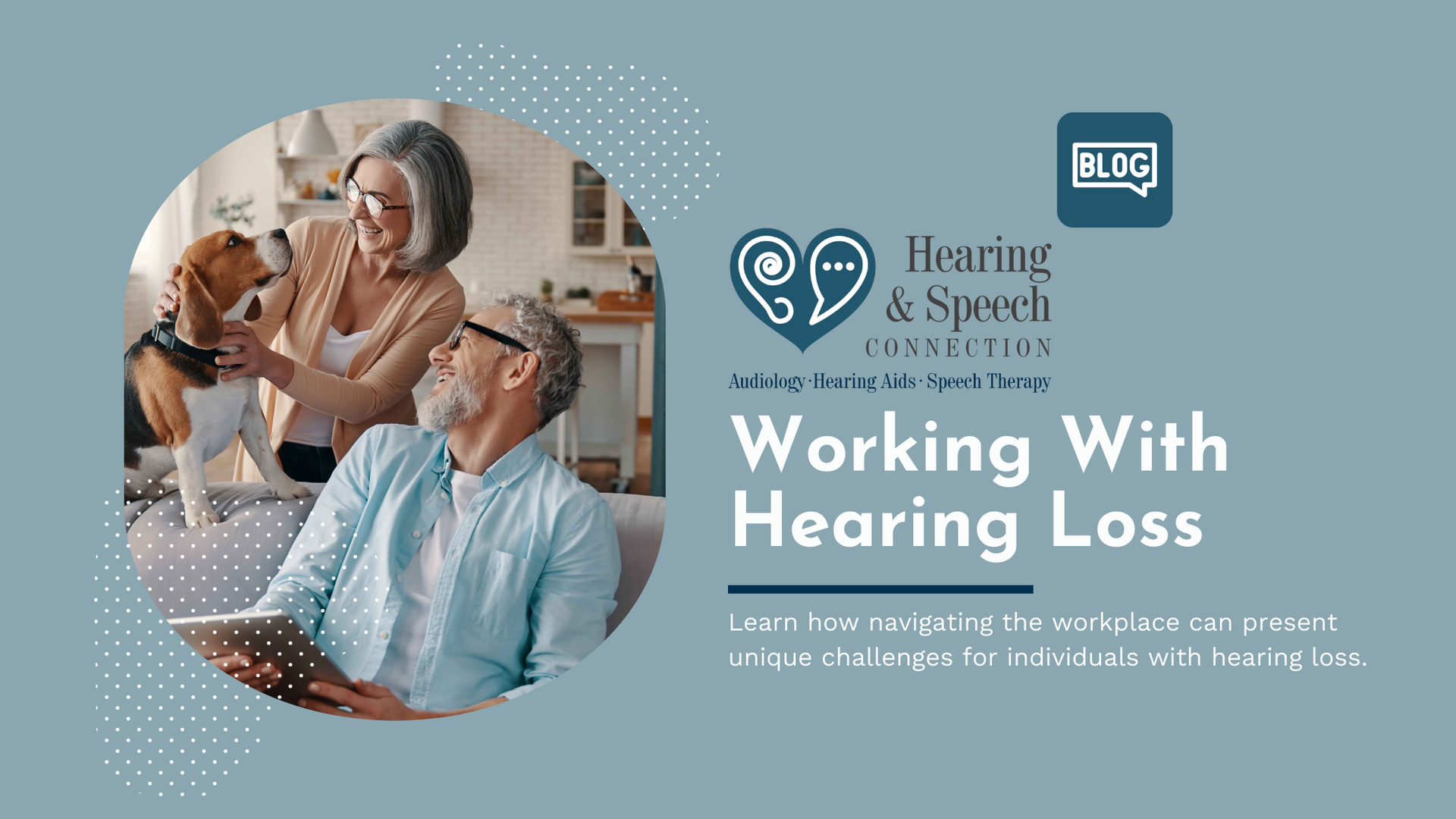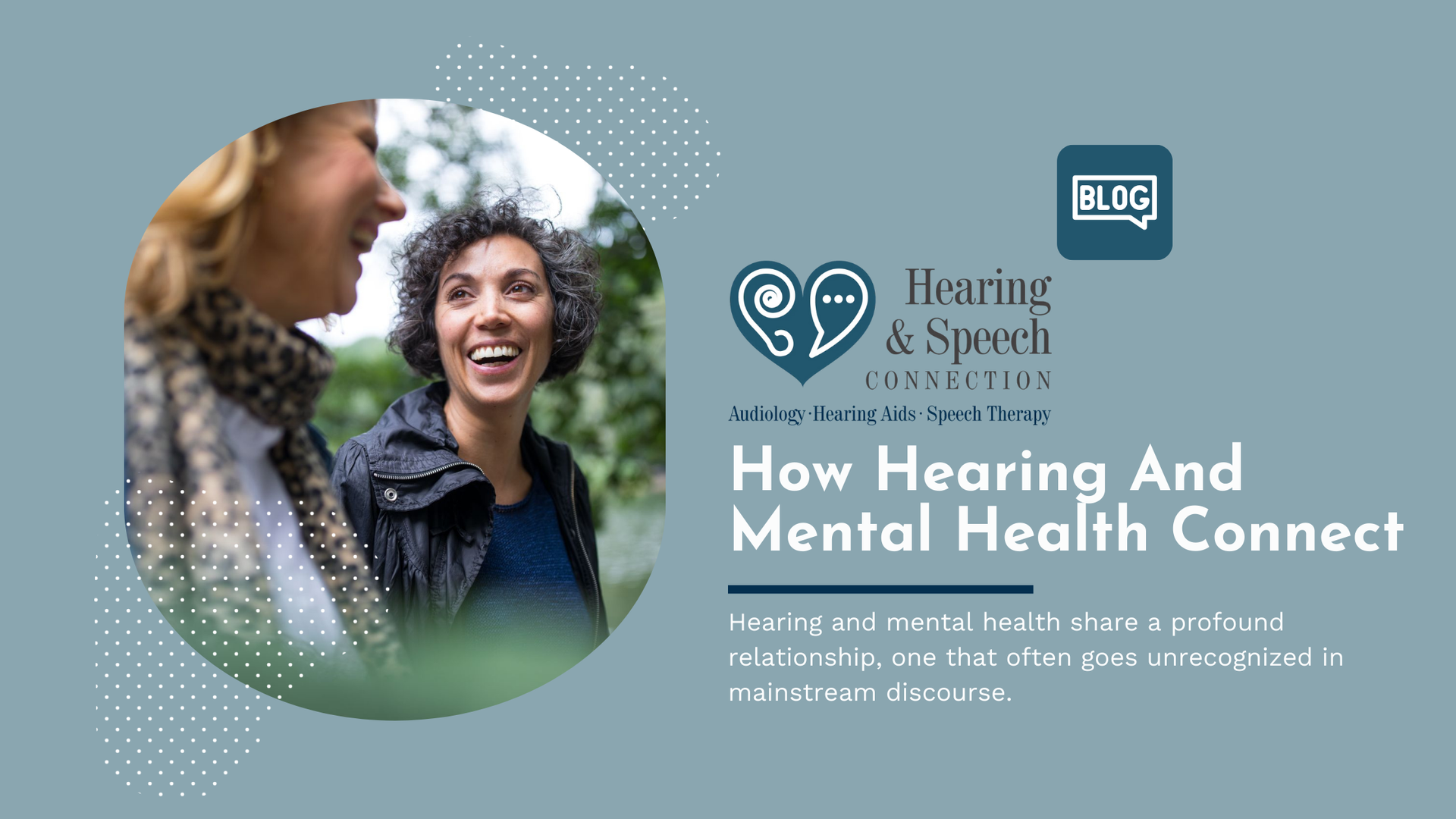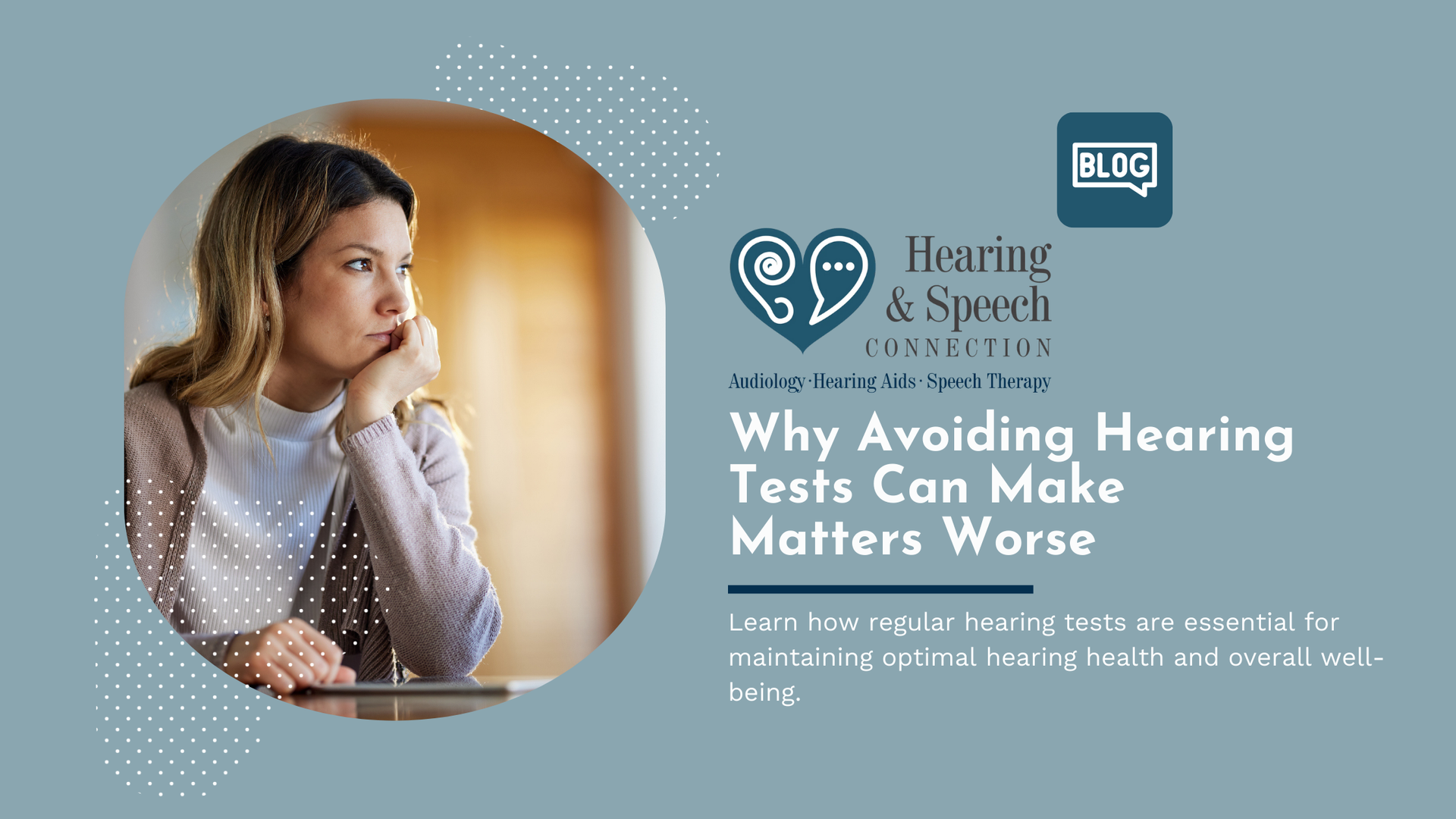Improving Communication with Your Family
Communication is the foundation of every healthy family. It is the glue that holds us together, allowing us to share our thoughts, feelings, and experiences. But for those with hearing loss, communication can be a constant struggle. Imagine not being able to fully understand what your spouse or child is saying, or missing out on important conversations and family gatherings. It can be isolating and frustrating.
However, with the right strategies and tools, it is possible to improve communication and strengthen family bonds. This blog post will provide tips and resources for older adults with hearing loss and their families to help improve communication and make the most of their hearing treatment.
Understanding Hearing Loss
Hearing loss is a common condition that affects millions of older adults. It can be caused by a variety of factors, including age, noise exposure, and certain medical conditions. There are two main types of hearing loss: conductive and sensorineural. Conductive hearing loss occurs when there is a problem with the outer or middle ear, while sensorineural hearing loss occurs when there is damage to the inner ear or the auditory nerve.
Symptoms of hearing loss may include difficulty hearing in noisy environments, trouble understanding speech, and the need to turn up the volume on the TV or radio. It is important to see a hearing professional for an evaluation if you or a loved one is experiencing any of these symptoms. Early diagnosis and treatment can help prevent further deterioration of hearing and improve communication.
Communicating with Family
Make sure that the environment is conducive to communication. This means minimizing background noise as much as possible and making sure that the lighting is adequate.
Tell them what you need. Tell your family members about your trouble hearing and how they can help you. If they know what they need to do, most people will be happy to help. Tell them you don’t want them to yell at you, but you want them to look at you when they talk and speak usually. Sometimes you have to remind people of this.
Use visual cues. We can all “read lips” to some extent because we know how different sounds look when people talk. This is a natural way to figure out what a word might be if we don’t catch it. Look at the person when they speak and ensure the room is well-lit so you can see their face.
Context is everything. When talking to someone, try not to worry about hearing every word. Instead, pay attention to the main idea of what you’re talking about. If you know what the conversation is about, you can fill in words that were left out.
Reduce noise in the background. Try to lower the noise around you when people are talking. For example, turn off the TV or radio or move away from the kitchen or front door in a café.
You can ask them for a repeat. If you can’t figure out what someone said and can’t hear them, don’t just say, “I can’t hear you” or “what did you say?” as this will eventually make you and the people you’re talking to upset. Instead, it would help if you asked them to repeat what you missed. For example, “Sorry, I missed where you said you were going on Sunday afternoon.”
When that doesn’t work, ask for a rephrase. Ask the speaker to repeat what they are saying if you keep missing the same word or group of words. You might say, “I keep missing the end of what you said about your new car. Could you say it another way for me?”
Focus and stay calm. If you can’t hear well in some places, try to remain calm. When you miss words, you might get tense, making it harder for you to catch up. Sometimes you can’t hear very well and almost can’t figure out what’s being said. Even if you wear a hearing aid, this is to be expected if you have hearing loss.
Get fitted with hearing aids. One of the most important things you can do to improve communication with your family is to use assistive technology. Hearing aids and cochlear implants are devices that can amplify sound and make it easier to hear. They can be customized to your specific needs and can help you understand speech better in noisy environments.
Are you ready to restore communication with your family?
Improving communication with your family is an important step to take for older adults with hearing loss. With the right strategies and tools, it is possible to strengthen family bonds and make the most of your hearing treatment.
At our hearing practice , we are dedicated to helping older adults with hearing loss. We provide comprehensive evaluations, treatments, and support services to help you hear better and improve communication with your loved ones. We encourage you to schedule an appointment to learn more about your options and start on the path to better hearing today.
The post Improving Communication with Your Family appeared first on Hearing Connection.




